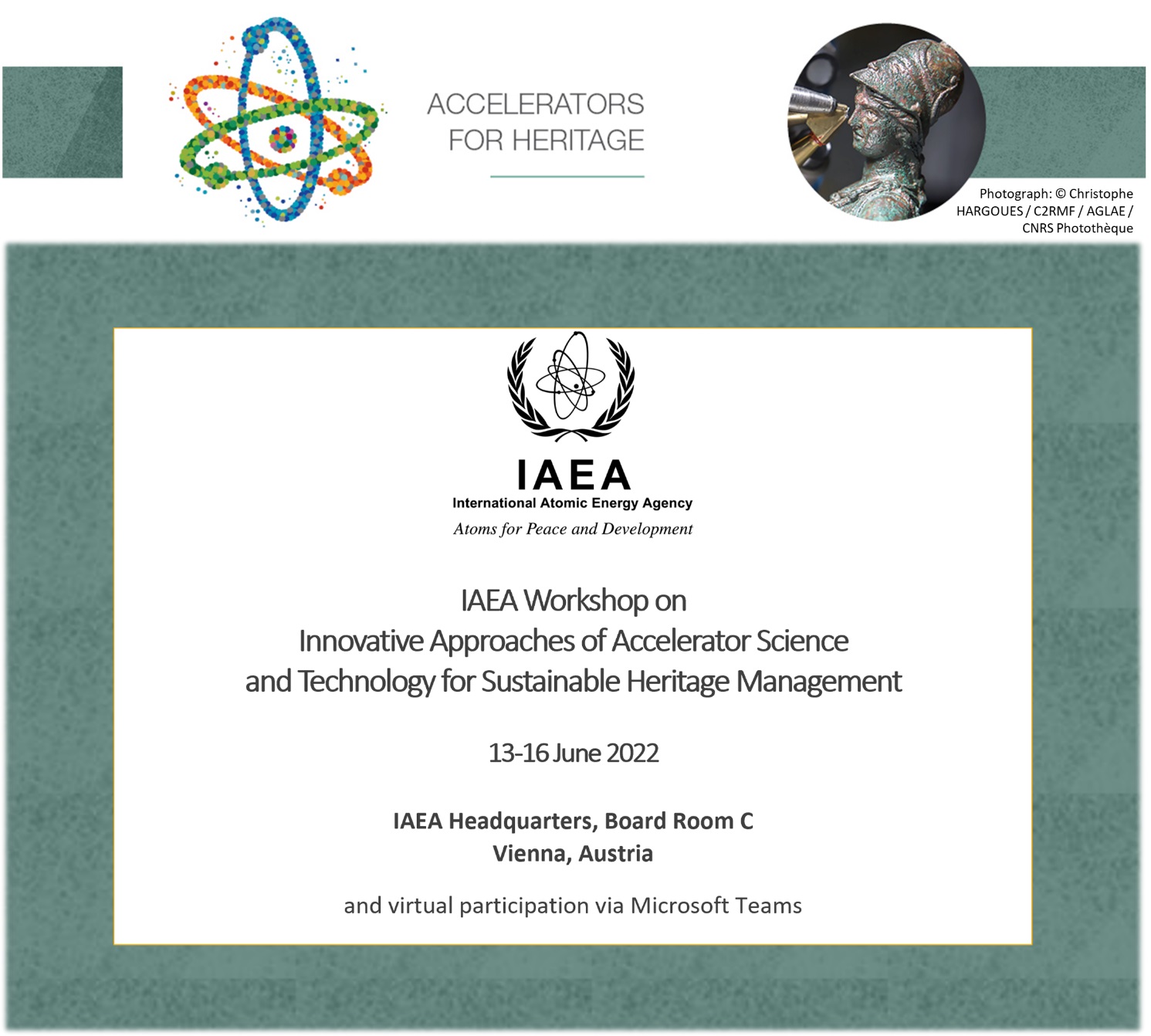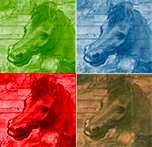
Accelerators for Heritage
Accelerator-based techniques are powerful tools to gain better insight into heritage materials and objects to improve their conservation and restoration. It is possible to determine elemental and chemical composition with high sensitivity and accuracy by applying ion beams and X-rays produced by accelerators. Additional valuable features of these techniques are quantitative chemical imaging and dating to determine the age of the artefact.
The aforementioned investigations contribute to more comprehensive research work in art history, archaeology and conservation science. The analytical information allows for the identification of cultural heritage materials and objects, exploring the manufacturing technology and techniques applied, as well as the source of materials used and, understanding their alteration and possible earlier conservation treatment. It is also possible to determine whether an artefact is original or fake by applying these techniques.
The overall objective of this Workshop, to be held in Vienna from 13 to 16 June 2022 (and virtual participation via Microsoft Teams) is to provide a forum for nuclear scientists, conservators, curators, art historians, archaeologists and heritage science stakeholders including policymakers and funding agencies to present and discuss recent developments in accelerator-based techniques and data science as well as exchange ideas and build collaborations on innovative approaches of accelerator science and technology for cultural and natural heritage and its sustainable management.
The key topics of the workshop are:
- Application of accelerator science and technology for characterization and treatment of heritage objects and materials;
- Interpretation, presentation and dissemination of the scientific results: case studies and success stories;
- Safe analysis of heritage objects; Best practice and Irradiation Passport for Art;
- Detecting intellectual property crime as forgeries and fighting illicit trade of art objects with nuclear techniques;
- Access to research infrastructure, and international as well as regional collaborations and networks;
- Sustainable Heritage Management policies and modalities;
- Open Science and dissemination of knowledge;
- Research priorities, Resources, and funding structures for heritage science;
- How to make science tangible? – Public awareness of how science and heritage work together in a tangible way – novel methods in education and outreach
Application deadline: April 7, 2022
For further information about registration, and how to submit an abstract, please, visit https://nucleus.iaea.org/sites/accelerators/Pages/Accelerators4Heritage.aspx
